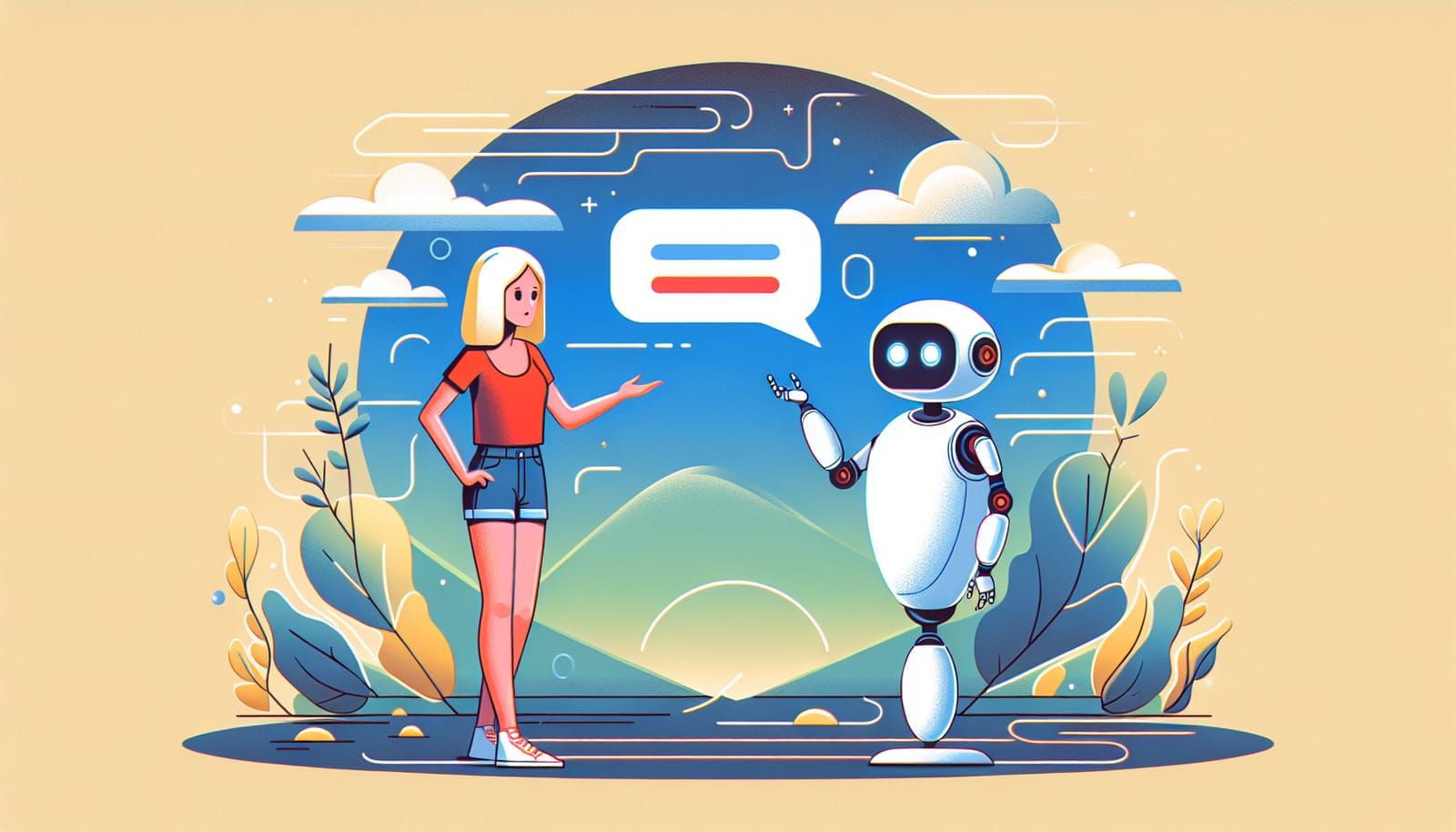As we step into an era where artificial intelligence (AI) is becoming part of our daily lives, the question of privacy is more important than ever. From smart devices in our homes to algorithms predicting our preferences, AI is transforming the way we live, work, and interact. But with this transformation comes the challenge of ensuring our personal information remains safe and secure. In this article, we will explore the future of privacy in an AI-driven world, discussing both the potential benefits and the risks that come with this technology.
Understanding AI and Its Impact on Privacy
To understand the future of privacy, we must first grasp what AI is and how it works. AI refers to computer systems that can perform tasks that typically require human intelligence. This includes recognizing speech, understanding natural language, and even making decisions based on data. As AI systems become more sophisticated, they can analyze vast amounts of data at incredible speeds, uncovering patterns and trends that humans might miss.
However, this capability raises significant concerns about privacy. AI systems often require access to large datasets, which can include personal information. For example, social media platforms use AI to recommend friends and content by analyzing users' interactions. While this can enhance our online experience, it also means that these platforms collect and store a wealth of personal data about us.
The Dual Nature of AI: Opportunities and Challenges
As we look to the future, it's essential to recognize the dual nature of AI. On one hand, AI offers incredible opportunities for improving our lives. Healthcare professionals can use AI to analyze medical records and predict health issues, potentially saving lives. Businesses can leverage AI to enhance customer service and streamline operations. However, this same technology can also be used for intrusive surveillance, data breaches, and unauthorized data sharing.
One of the most significant challenges is ensuring that AI systems are designed with privacy in mind. This includes implementing strong data protection measures, transparent data collection practices, and ethical guidelines for AI development. Governments, organizations, and individuals must work together to create a framework that prioritizes privacy while still allowing for innovation.
The Evolving Landscape of Data Protection Laws
As AI technology continues to advance, so too must our laws and regulations regarding data privacy. Many countries have already begun to implement stricter data protection laws, such as the General Data Protection Regulation (GDPR) in the European Union. This regulation gives individuals greater control over their personal data and sets clear rules for how organizations must handle that data.
In the United States, privacy laws are evolving, but there is no comprehensive federal regulation yet. This patchwork approach can create confusion and inconsistency for individuals and businesses alike. As AI becomes more pervasive, it is crucial for lawmakers to establish clear guidelines that protect individuals' privacy rights in the digital age.
The Role of Individuals in Safeguarding Privacy
While governments and organizations play a significant role in protecting privacy, individuals also have a part to play. Being informed about how our data is collected and used is crucial in this AI-driven world. Here are some simple steps you can take to protect your privacy:
- Be Mindful of Sharing Information: Think twice before sharing personal information online, especially on social media.
- Use Strong Passwords: Create strong, unique passwords for each of your accounts and change them regularly.
- Enable Privacy Settings: Take advantage of privacy settings on your devices and apps to control what information is shared.
- Stay Informed: Keep up-to-date with the latest trends in AI and privacy to understand how they may impact you.
By taking these proactive measures, individuals can help safeguard their privacy in an increasingly AI-driven world.
The Future: Balancing Innovation and Privacy
As we look to the future, the challenge will be to strike a balance between innovation and privacy. AI has the potential to revolutionize industries, enhance our quality of life, and solve complex problems. However, this must not come at the cost of our privacy.
One promising avenue is the development of "privacy-preserving" AI technologies. These systems are designed to use data in ways that protect individuals' privacy. For example, federated learning allows AI models to be trained on decentralized data, meaning that personal data never leaves the user's device. This approach can help organizations gain insights without compromising user privacy.
Furthermore, as consumers become more aware of privacy issues, they will demand greater transparency and accountability from companies. This shift in consumer behavior can drive businesses to adopt more ethical practices in their use of AI.
Conclusion: A Bright Future Awaits
The future of privacy in an AI-driven world is a complex landscape filled with both opportunities and challenges. By understanding the implications of AI on our privacy, advocating for stronger regulations, and taking individual steps to protect our information, we can navigate this new frontier confidently.
As technology continues to evolve, so too will our understanding of privacy and security. With a collective effort from individuals, organizations, and governments, we can create a future where AI enhances our lives while respecting our privacy. Embracing this vision not only empowers us as individuals but also fosters a more innovative and secure world for generations to come.
In this exciting journey into the future, let us remain vigilant, informed, and proactive about our privacy, ensuring that the benefits of AI are enjoyed by all without sacrificing our fundamental rights.


